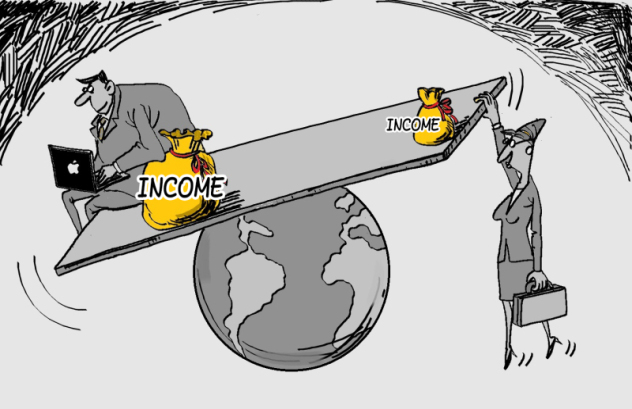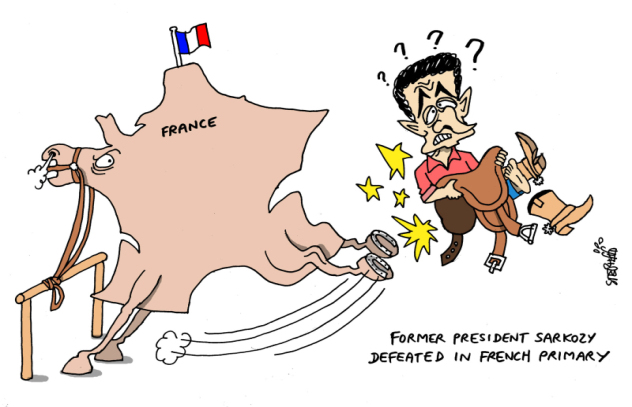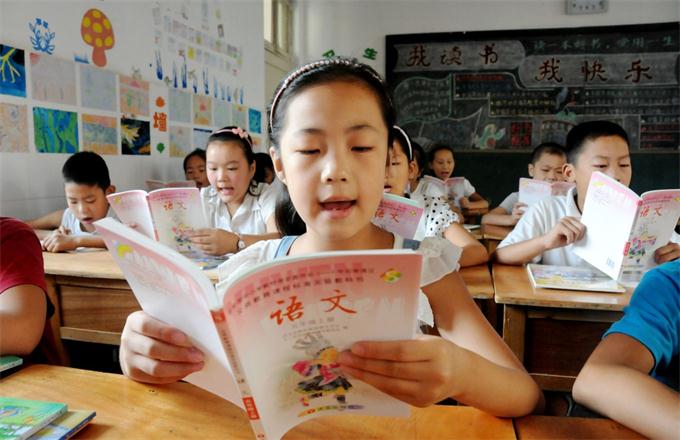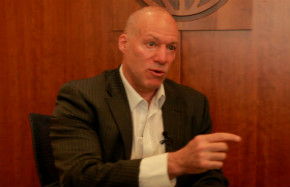What kind of world do we want to live in?
 |
|
A man in his 60s picks cotton in Aksu in Xinjiang Uygur autonomous region on October 14, 2016. Most of the people engaged in the laborious work were born in the 1960s, 1970s and 1980s, and the younger generation born in the 1990s seldom do it because of the intensity of the work. [Photo/IC] |
Our world is changing with unprecedented rapidity. Technology, demography, climate change and globalization are mega-trends that seem to be powering ahead, creating uncertainty and, in some cases, fear of change.
But, in Asia, the experience of change over the last 50 years has been generally positive. It has brought prosperity, lifting hundreds of millions of people out of poverty. Today, about half of the region's workers and their families are now classified as middle class or richer. With better education and more investment, people are moving from agriculture into higher-value manufacturing and services. Social protection is expanding, and labor productivity has been growing at about twice the global rate.
But the wave of prosperity has not washed over everyone equally. Income and social inequality persists, and in some places has widened. One in every 10 workers in the region still lives in extreme poverty. More than 1 billion people are in vulnerable employment. And there is a concerning trend of formal employment becoming "informalized", through contract, temporary or part-time work.
So the issue is not change itself, but what kind of change? How do we shape these global mega-trends so that they deliver the future we want?
I see one very clear answer to this-that the future must be based on the notion of decent work and social justice.
Placing decent work and social justice at the core of policymaking is simply recognizing the obvious; none of us can build a better future for ourselves unless we include others.
The importance of decent work for inclusive and sustainable development has been recognized internationally and is fully reflected in the UN 2030 Agenda for Sustainable Development.
From Dec 6 to 9, I will join hundreds of government ministers, representatives of workers' and employers' organizations, academics and others to discuss this, at the International Labour Organization's 16th Asia and the Pacific Regional Meeting, in Bali, Indonesia.
The delegates represent more than 40 countries in Asia, the Pacific and the Arab States-equivalent to about 60 percent of the global workforce. This ambitious forum only takes place every four years, and the range of actors brought together is unique in the international system-nowhere outside the ILO do leaders of employers' and workers' organizations sit down to negotiate equally with government ministers. This gives our discussions real representational and policymaking strength.
The countries in this group are very diverse but, as they prepare for this meeting, I strongly encourage them to focus more on the similarity of the challenges they face. If they use their combined strength to harness these mega-trends, they can create a region-wide, coordinated programme of action that will pave the road to an inclusive and prosperous region that offers decent work and social justice to all.
We need economic growth that is sustainable and job-rich, rather than just statistically impressive. Such growth can only be lasting and equitable if it is built on the foundations of strong and relevant labor market institutions.
The promotion of equity and equality must be at the heart of our labor market systems; for example, through effective legislation, social protection systems, and the appropriate use of wage setting and collective bargaining.
We must recognize that workers' rights do not end at borders. Labor migration is a massive and growing trend. Many Asia-Pacific economies depend heavily on migrant workers. When labor migration is properly managed, it is a conduit for skills and wages to flow where they are most needed. It can, and must, be a triple-win-benefiting migrant workers and their families, their home country and their destination.
And, crucially, we need effective social dialogue. None of this will be achieved without discussions and negotiations that engage all the stakeholders of the "real" economy in policymaking and implementation, and treat their views with equal importance and respect.
The 2030 Agenda for Sustainable Development offers us a chance to transform the future of work so that it is inclusive, decent and equitable. It is a huge challenge, which will take great political will, long-term thinking and sophisticated coordination. I am confident that the economies of this region can rise to it.
The author is director-general of the International Labour Organization.






















